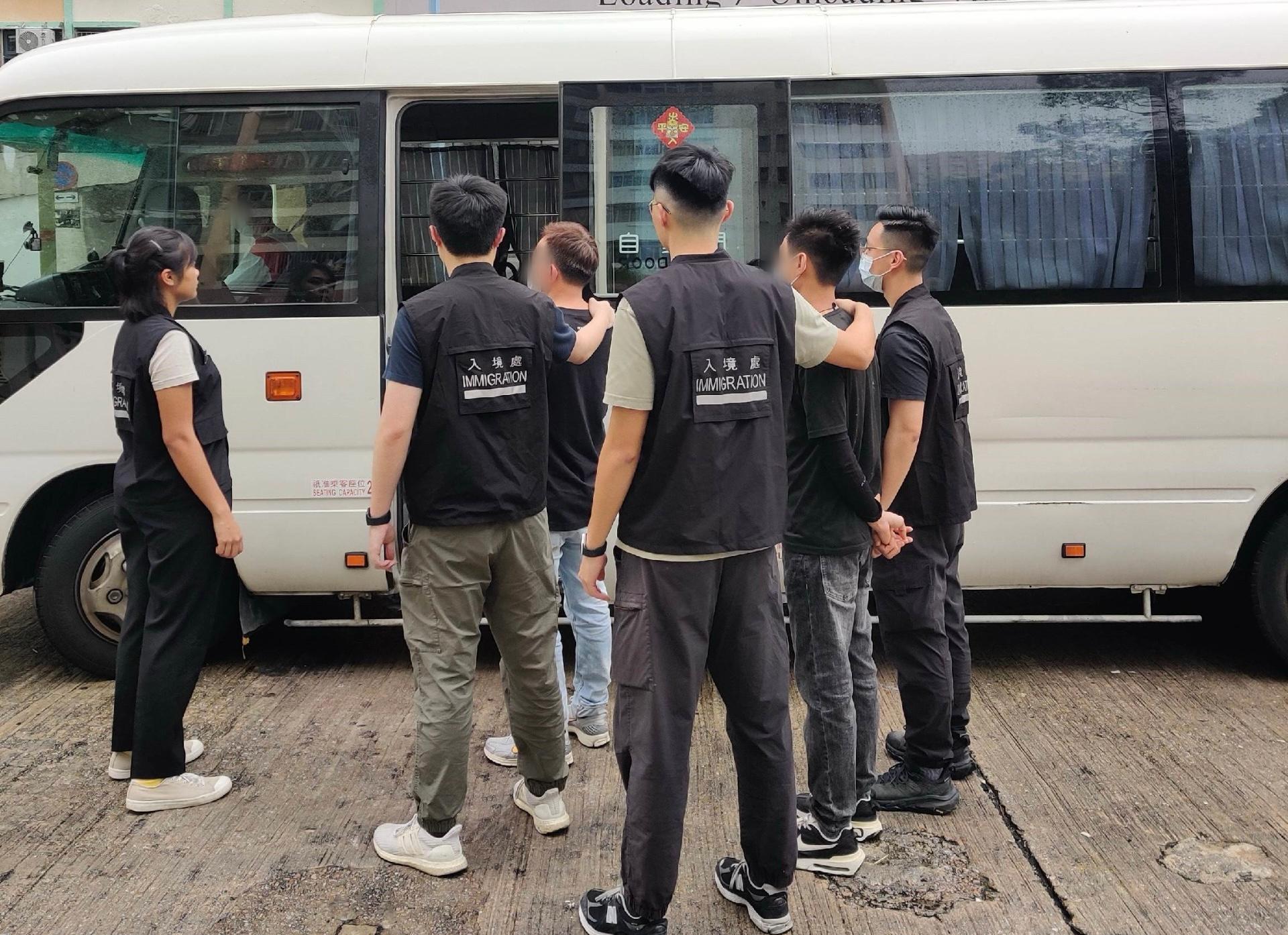Pharmacy and its staff member fined for selling COVID-19 oral drugs with false trade descriptions applied
​A pharmacy and its sales personnel were fined $50,000 and $22,000 respectively today (May 24) by the Fanling Magistrates’ Courts after being convicted of possessing and selling COVID-19 oral drugs with false descriptions of composition, in contravention of the Trade Descriptions Ordinance (TDO) and the Pharmacy and Poisons Ordinance.
Hong Kong Customs earlier received four cases referred by the Department of Health regarding suspected supply of COVID-19 oral drugs with false claims of composition. After investigation, enforcement actions were taken in June 2023 and a number of persons involved in the cases, including pharmacy staff, were arrested across different districts in Hong Kong.
The persons and the pharmacy involved in three of the cases had been found guilty at the Kwun Tong, Eastern, and Kowloon City Magistrates’ Courts for violating the above two Ordinances. They were sentenced to a fine from $3,000 to $7,000, a community service order for 160 hours, and imprisonment for seven weeks to five months, for each offence respectively.
Customs welcomes the sentences for the above four cases. They have imposed a deterrent effect and reflect the seriousness of the offences. A clear warning has also been delivered to unscrupulous practitioners.
Customs will continue to take stringent law enforcement action and maintain close contact with relevant government departments and organisations, as well as monitoring the market situation regularly, with a view to combating false trade descriptions activities.
Customs reminds traders that selling medicine with false trade descriptions applied is a serious crime and offenders face criminal liability. Consumers are also reminded to purchase goods at reputable shops and to check with the professionals if the authenticity of a product is in doubt.
Under the TDO, any person who sells or possesses for sale any goods with false trade descriptions applied commits an offence. The maximum penalty upon conviction is a fine of $500,000 and imprisonment for five years.
Under the Pharmacy and Poisons Ordinance, any person who sells or possesses any poison included in Part 1 of the Poisons List or unregistered pharmaceutical products other than in accordance with provisions commits an offence. The maximum penalty upon conviction is a fine of $100,000 and imprisonment for two years.
Members of the public may report any suspected violations of the TDO to Customs’ 24-hour hotline 2545 6182 or its dedicated crime-reporting email account (crimereport@customs.gov.hk) or online form (eform.cefs.gov.hk/form/ced002). read more


